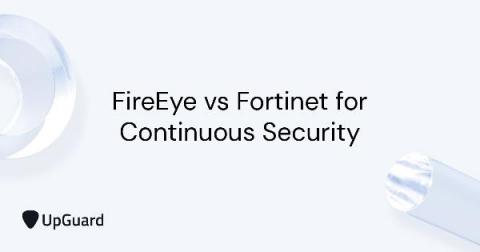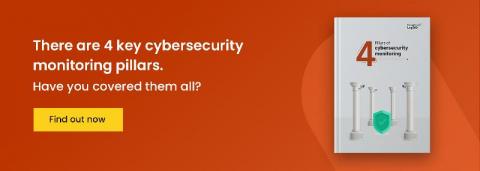FireEye vs Fortinet for Continuous Security
How does the fourth-largest network security company by revenue hold up against the first cybersecurity firm certified by the U.S. Department of Homeland Security? Fortinet's appliances and next generation firewalls (NGFW) have made it a category leader in unified threat management (UTM); let's see how they stack up against FireEye's comprehensive suite of enterprise security solutions.










